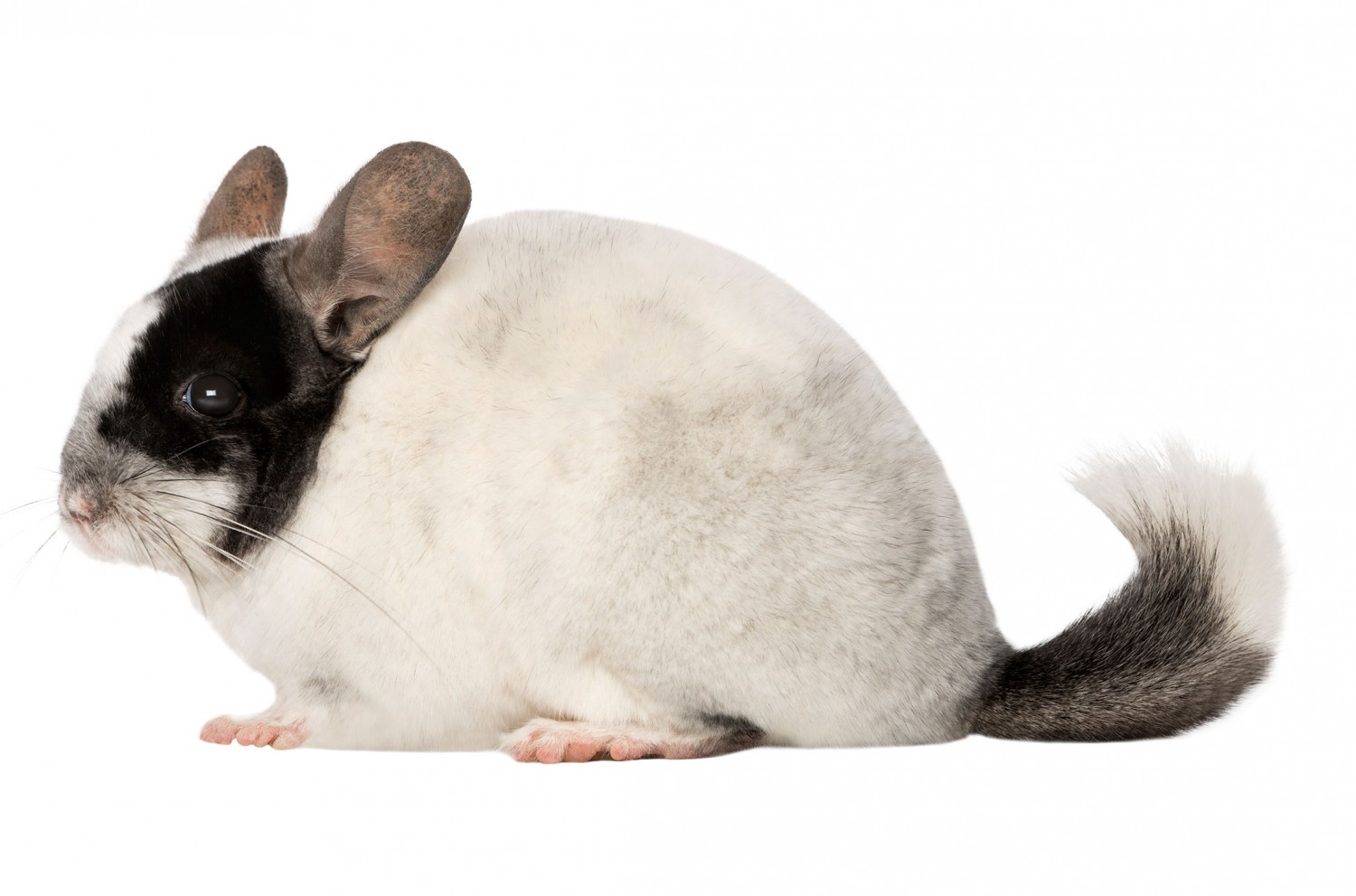|
At Priest Lake Veterinary Hospital in Nashville, TN, Dr. Kopp, a board-certified veterinarian specializing in exotic companion mammals, provides expert care for chinchillas suffering from dental disease. Chinchillas are prone to dental issues, including overgrown teeth and malocclusions, which can cause severe pain and lead to difficulty eating, weight loss, and even life-threatening complications.
.

Understanding Chinchilla Dental Disease
Chinchillas’ teeth grow continuously, and without proper wear from a high-fiber diet, their teeth can become overgrown. This can lead to painful dental disease, including:
- Malocclusion: Misalignment of teeth causing pain and difficulty eating.
- Overgrowth: Long teeth that may cause abscesses, infections, or ulcers.
- Chewing problems: Resulting in anorexia or weight loss.
Recognizing Symptoms of Dental Issues in Chinchillas
Watch for these signs of dental disease in chinchillas:
- Excessive drooling or wet chin
- Difficulty eating or chewing
- Weight loss despite a normal appetite
- Dropping food
- Squinting or watery eyes due to tooth root infection
How We Treat Dental Disease in Chinchillas
At Priest Lake Veterinary Hospital, Dr. Kopp uses advanced diagnostic tools, including dental x-rays, to identify and assess dental disease. Treatment may include:
- Tooth trimming and filing to correct overgrown teeth.
- Dental surgery to address severe malocclusions or abscesses.
- Antibiotics and pain management for infections or pain relief.
We also offer preventive care to reduce the risk of future dental problems.
Preventing Dental Disease in Chinchillas
Proper diet is key in preventing dental disease. A high-fiber diet, including unlimited access to grass hay, is essential to ensure your chinchilla’s teeth remain healthy. Additionally:
- Avoid sugary treats and soft foods.
- Provide chew toys to help naturally wear down teeth.
- Regular veterinary checkups to monitor dental health.
Expert Chinchilla Care in Nashville and Middle Tennessee
If you suspect your chinchilla has dental disease or need advice on prevention, Dr. Kopp is here to help. Serving Nashville and Middle Tennessee, Priest Lake Veterinary Hospital offers specialized care for chinchillas and other exotic pets.
For after-hours emergencies, please contact VEG Franklin or Mufreesboro.
Schedule an Appointment Today!
|
.webp)






